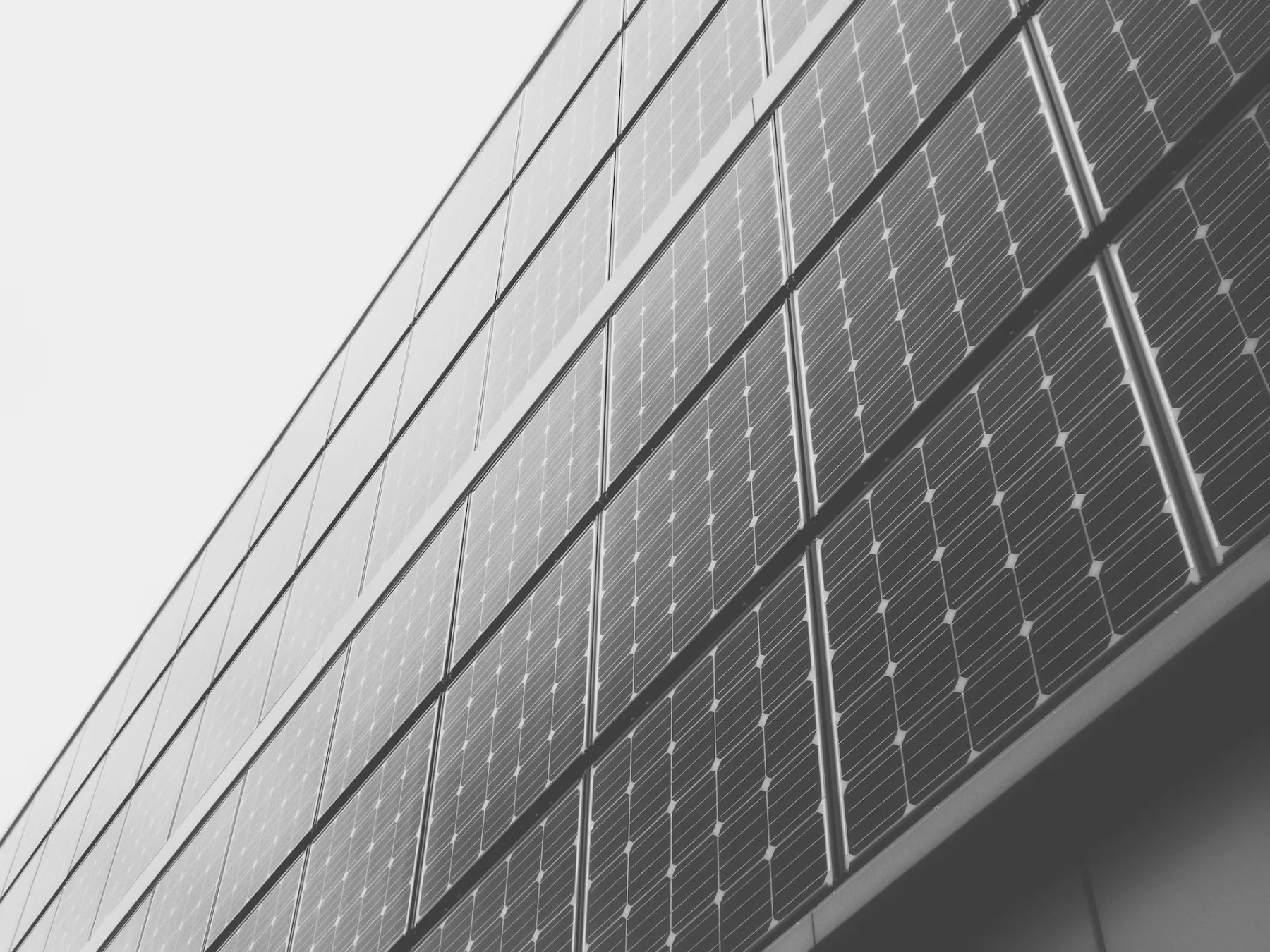
Even though Indiana receives less sunlight than many other states, 2440 hours compared to Nevada’s 3646 hours, it is still an excellent place to invest in solar. Why? This is because Hoosiers use more energy than the national average and solar panels can help to offset the higher cost of that energy, making them a worthwhile investment.
The biggest hurdle to installing solar panels is the upfront cost. This guide will explore what solar panels cost in Indiana so you can decide if solar is affordable for you and estimate your potential savings.

Cost of Home Solar Power in Indiana
On average, Indiana residents see their solar panels paid off in just 13 years and then enjoy an additional $25,365 in savings over the lifetime of the system. This is slightly higher than the national average due to above average energy needs.
- In Indiana, installing solar panels upfront average, costs around $34,770 before tax incentives.
- The cost per watt of solar panels ($3.66) is around the national average.
- Indiana homes typically need larger systems (9.5 kilowatts) to meet their higher electricity usage compared to the rest of the country.
Indiana Solar Incentives
Renewable Energy Property Tax Exemption
- Incentive value: Varies based on your interest rate, your total system cost, etc
- Frequency: Ongoing
- Program: programs.dsireusa.org/system/program/detail/54
Installing a system can actually increase your home's value by about 4.1%. However, thanks to a state exemption, this added value won't lead to higher property taxes.
In simpler terms, you get the financial benefit of a more valuable home without the tax burden. While the exact savings will vary, on average, you can expect to save around $5,215 over the 20-year lifespan of a typical solar system in Indiana (assuming an average system cost of $34,770 and a 0.75% property tax rate). That translates to roughly $260 in annual savings, not including potential depreciation.

Local Incentives
On top of federal and state benefits, there are local programs you might qualify for depending on your location and utility company. Here's a quick rundown.
Northern Indiana Public Service Company (NIPSCO) Feed-In Tariff
Similar to Solar Renewable Energy Certificates (SRECs) in other states, this metering program is available exclusively to NIPSCO customers. Solar power systems between 5 kW and 10 kW can earn credits ranging from $0.15 to $0.17 per kWh generated, regardless of energy usage. Systems over 10 kW receive credits between $0.13 and $0.15 per kWh. Availability is limited.
Indiana Michigan Power Energy Savings Rebate Program
Although not specifically for solar, this rebate program offers between $25 and $350 for various energy efficiency upgrades.
NineStar Connect’s Residential Energy Efficient Equipment Rebate Program
Available only to NineStar Connect customers, this program provides cash-back incentives of up to $1,500 for energy-efficient installations.
Tipmont REMC Energy Efficiency Equipment Rebate Program
This program offers Tipmont REMC customers rebates between $50 and $100 for installing energy efficiency upgrades.

Indiana Net Metering
What is Net Metering
Net metering is an arrangement between utilities and their customers who produce their own power, often via solar panels.
This agreement encompasses residential, commercial, and industrial energy producers. When these producers generate more electricity than they use, the excess energy is fed back into the utility’s grid. In return, customers receive credits on their future utility bills for each kilowatt-hour (kWh) of surplus electricity, resulting in lower overall electricity costs for those participating in the net metering program.
Net Metering in Indiana
Net metering is available in the state of Indiana, but recent changes in laws have changed the way that solar owners can be compensated.
The Big Five Utility Companies
The big five utility companies: AES Indiana, CenterPoint, Duke, I&M, and NIPSCO are no longer accepting new net meter customers.
Solar owners who installed their systems while net metering was still available are referred to as being “grandfathered” into net metering and thereafter customers will be moved to an EDG program.
- A system installed before 2018 will receive full net metering until July 1, 2047.
- A system installed between the start of 2018 and the end of net metering for new customers would receive full net metering until July 1, 2032.
Changes in Net Metering in Indiana
In 2022, all five of Indiana’s investor-owned utilities won approval to slash the rate paid for customers’ surplus solar power and change how solar output is calculated in a way that drastically reduces the payments.
Indiana solar customers until 2022 had been paid for extra solar generation at the end of each billing cycle. The amount of electricity sent back to the grid that month was subtracted from the amount of power the customer used from the grid, and any extra was paid out at a rate lower than the retail rate.
The arrangement allowed a homeowner, for example, to use extra daytime solar generation to offset evening grid power use.
A bill (SA309) signed by Gov. Eric Holcomb in 2017 put the state on a path to phasing out net metering by 2047 and, meanwhile, due to a new interpretation, let utilities begin paying solar customers a lower rate.
Rural Utility Companies
You may be eligible for net metering if your electricity comes from a rural electric member cooperative (REMC) or a municipal utility. This credit is also called excess distributed generation (EDG).
Federal Rebates
Federal Solar Tax Credit
The Investment Tax Credit (ITC), also known as the federal solar tax credit, is a nationwide incentive enabling individuals to receive a tax credit for expenses incurred from the installation of solar panels. This credit provides owners of solar systems a deduction of 30% off the total cost of their system. For instance, purchasing a 10 kilowatt (kW) system at $33,000 means you are eligible for a tax credit of $9,900.
How US Solar Supplier Can Help You Save on Your Next Project
Let US Solar Supplier guide your solar energy project! Consult with us today to find the perfect system for your needs.
Resource Section
https://www.ecowatch.com/solar/incentives/in#in-local-incentives







